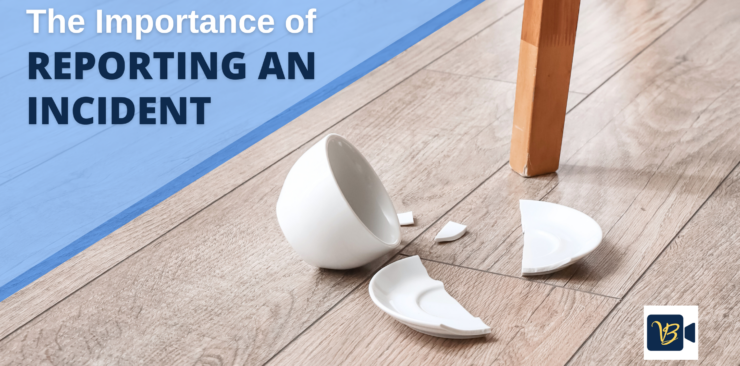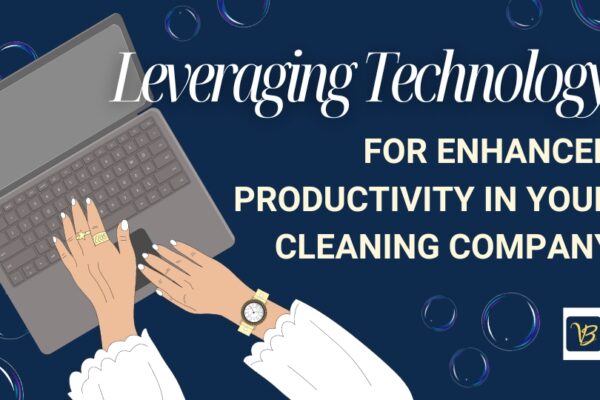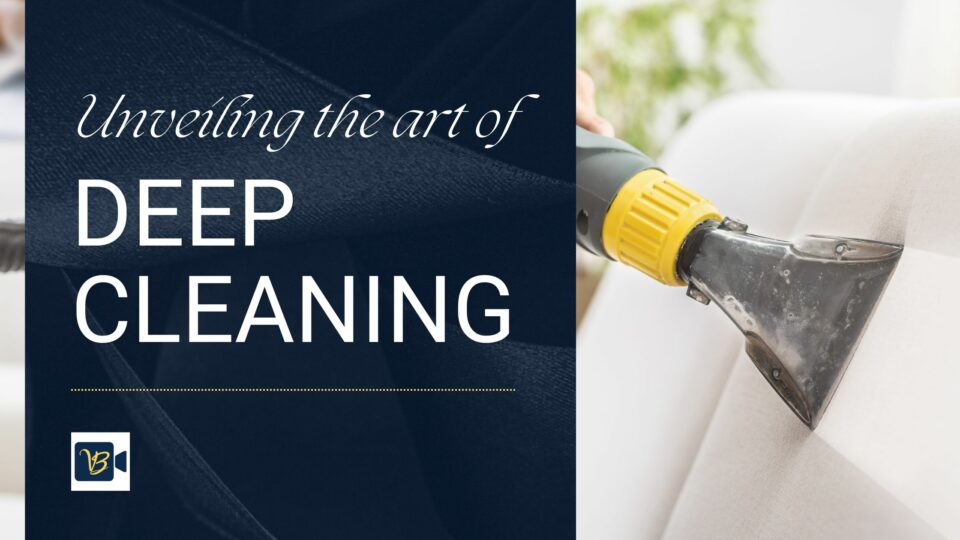
As cleaners, we are in the most important place in a person’s life—their home. Unfortunately, from time to time, something may be broken.
The best practice in case of an incident is to have a policy in place that allows your staff to know what to do, and your customers to know what to expect if something were to happen while you are cleaning.
At my cleaning company in Minnesota for the past 29 years, we have had a take-down, no-break cleaning policy when dusting, which has been very effective in stopping breakage. This is a useful tip because it requires my staff to first remove items safely from high shelves and hold them while dusting so there is virtually no chance they can fall and break.
As with all policies, sometimes things can still happen, and when it does, although it’s a tough conversation to have, the best practice is to be honest. It is important to train your staff on how to avoid breakage and damage to help reduce the chances of damage, which is not an avoidable conversation or situation.
Over the years I have broken a few things, and although it was not intentional, it was still an incident that needed to be reported to my client. For example, we have had microwave dishes broken, which can range from $30 to $200. It can be uncomfortable to talk to a customer about breaking something, but having a policy in place will help make it less stressful for you.
The first thing to do is contact the customer via telephone. If they can’t be reached at the time, make sure to leave a note at their home and ask them to call the person at the office who handles the incident reports. We have a policy in place and an incident report form in the company folder in the car that is filled out by the lead cleaner, who leaves a copy at the client’s home. The employee must also leave a copy of the incident report form at the office on the day of the incident, and they must also call and let the office know what happened so we can reach out to the client that evening.
The worst thing to break is a sentimental item that is a family heirloom or something that has special sentimental meaning. I had to make that call, and it was by far the worst call I have ever had to make! It was tough, and the client was upset. The key is to remain calm and listen to them, and although it couldn’t change anything, I apologized. Some things you can pay for or replace, but the irreplaceable item is by far the most uncomfortable and unresolvable conversation you may have to have.
Another time, I broke an espresso glass pot. Now, this customer is a connoisseur of homemade coffee, and using this pot was part of his daily routine. It was thin glass. As I put the little top back on it, the top fell in the pot, and when I tried to take it out, the pot cracked! In this case, he was upset but understanding. I ordered a new one right away to be delivered directly to his house, so in two days, he had his little pot back. He was amazed that I resolved the situation so fast. The best practice is to be careful; we all know that even with the best intentions, something can still go wrong.
Lastly, it’s important to always let the client know right away, even when you know it will be an uncomfortable conversation. You never want them coming home and realizing something is broken and it was never mentioned! Remember to be professional, listen to the client, and then share a solution; never argue with the client. Do your best to make it right.
I ask, ‘What would you like me to do?’ if something gets broken or damaged. This shows I take responsibility and aim to resolve the problem. Don’t beat yourself up because it happens to all of us. Make sure you have good training practices in place for your staff, so they know the dos and don’ts to avoid breakage and avoid these tough conversations.
Now go take a bite out of grime! 🧹🧼
Sincerely,
Robin Crockett
CEO & Founder, Heaven Scent Home Cleaning & Virtual Bid App



